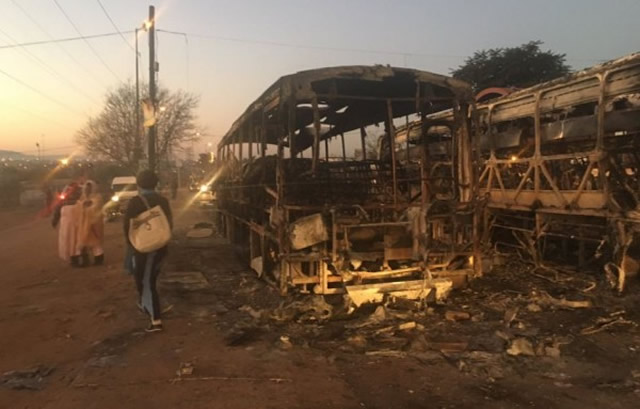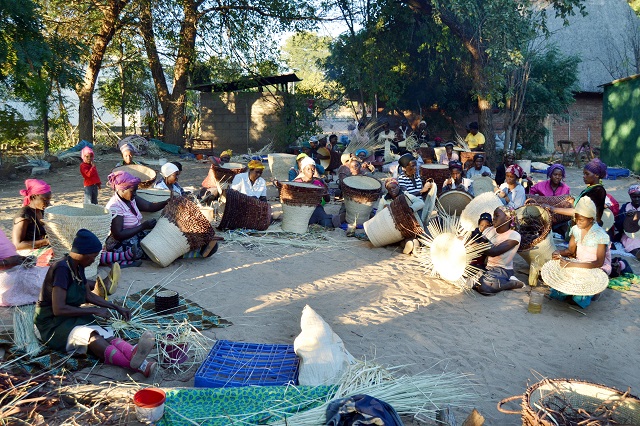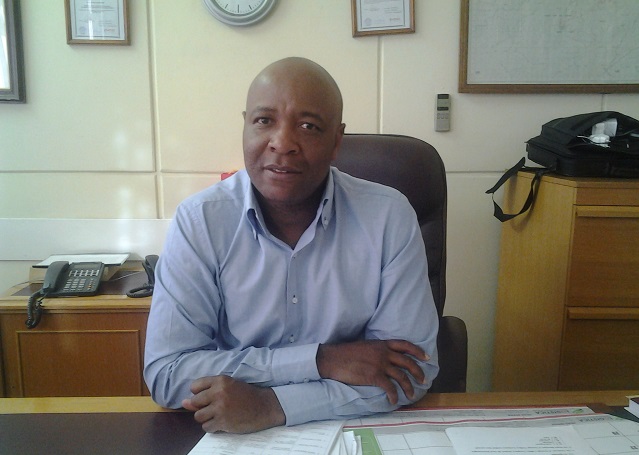EDITORIAL COMMENT: SA violence senseless, retrogressive

SOUTH Africa has a history of violent protests dating back to the apartheid era when black people used various methods to offer resistance to the white supremacist government. While there was no full scale armed resistance to the apartheid regime, there was a lot of protest activity in townships and this usually took the form of marches which often turned violent.
The Soweto uprisings of 1976 were a series of protests led by high school students in South Africa that began on the morning of 16 June 1976. Students from numerous Sowetan schools began to protest in the streets of the township in response to the introduction of Afrikaans as the medium of instruction in local schools. It is estimated that 20,000 students took part in the protests and they were met with fierce police brutality.
The number of protesters killed by police is usually given as 176, but estimates of up to 700 have been made.
In remembrance of these events, the 16th of June is now a public holiday in South Africa, named Youth Day. It was commemorated last week with moving tributes being paid by the country to the memory of those who perished at the hands of apartheid police. Since the end of apartheid in 1994, protests in South Africa have mainly been against service delivery in local government authorities and these usually take the form of barricades being erected along local roads, burning of tyres and placard waving.
Most of these protests eventually turn violent with criminal elements and opportunists hijacking the marches to foment chaos so that they can burn and loot innocent people’s properties. The worst violence in South Africa has been experienced during xenophobic attacks against foreigners where hundreds of people, some from Zimbabwe, have been killed by rampaging mobs.
The scale of the violence and the barbaric behaviour of the perpetrators often betrays the underlying frustrations of South Africans with their Government. More than 20 years since the advent of majority rule, most South African blacks still live in squalor and the dream of a rainbow nation, which came with so much promise in 1994, still remains a mirage.
South Africa’s economy is still largely in the hands of whites and the poverty in black townships is stark when juxtaposed against the opulence and obscene wealth in the leafy northern suburbs where whites live. It is thus safe to conclude that black people in South Africa are a frustrated lot and their anger is a powder keg which can be ignited by the minutest of sparks.
On Tuesday, a mob of South Africans burnt an Eagle Liner bus transporting 21 Zimbabweans from Bulawayo to Johannesburg and robbed them of their valuables.
The unruly crowd was allegedly protesting the ruling ANC’s decision to field Thoko Didiza as the party’s mayoral candidate for Tshwane in the forthcoming local government elections. Didiza was nominated to replace the incumbent and protesters’ favourite candidate Kgosientso Sipulta Ramakgopa.
Sources from the bus company told The Chronicle the demonstrators attacked and robbed the passengers on the Johannesburg-bound bus at about 3.30AM. Unruly elements allegedly joined protestors and looted property from motorists and shops in the neighbouring country. “The protestors had blocked the road, about 40km out of Pretoria along the N1 Highway. They were burning vehicles and throwing stones,” said a source who asked not to be named. “One of the passengers sustained minor injuries when he was hit with a stone by the protesters as the bus made a U-turn in front of the charging mob.”
Media reports from the neighbouring country reveal protestors burnt about 22 buses. Townships in Pretoria were turned into no go zones while police appeared to be overstretched. Protesters even threatened to burn down the whole of Pretoria if a decision to impose a mayoral candidate was not reversed and we find this totally unacceptable and senseless.
The scale of the destruction following the violence is mind-boggling considering that the protesters could have made their feelings known without resorting to the orgy of violence which left the area resembling a war zone.
The ruling ANC suggested that there was a hidden hand fuelling the protests but we feel the propensity for South Africans to resort to violence at the slightest provocation is symptomatic of deep seated anger against unfulfilled promises. Recently, communities in Limpopo burnt down more than 20 schools in protest against municipal demarcation areas.
There was widespread condemnation of their actions but maybe the South African government needs to conduct a thorough investigation to establish why their citizens resort to such extreme measures to get a simple point across. In the meantime, we urge authorities to contain the violence in Pretoria, arrest the marauding mobs of looters and arsonists and bring normalcy to the area.











Comments